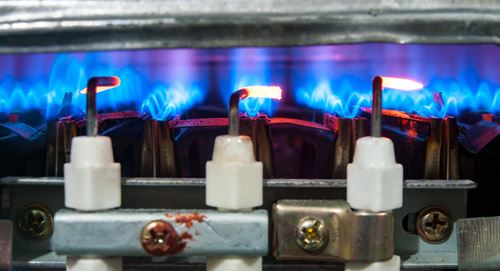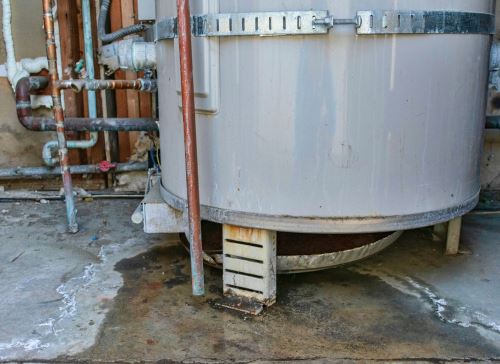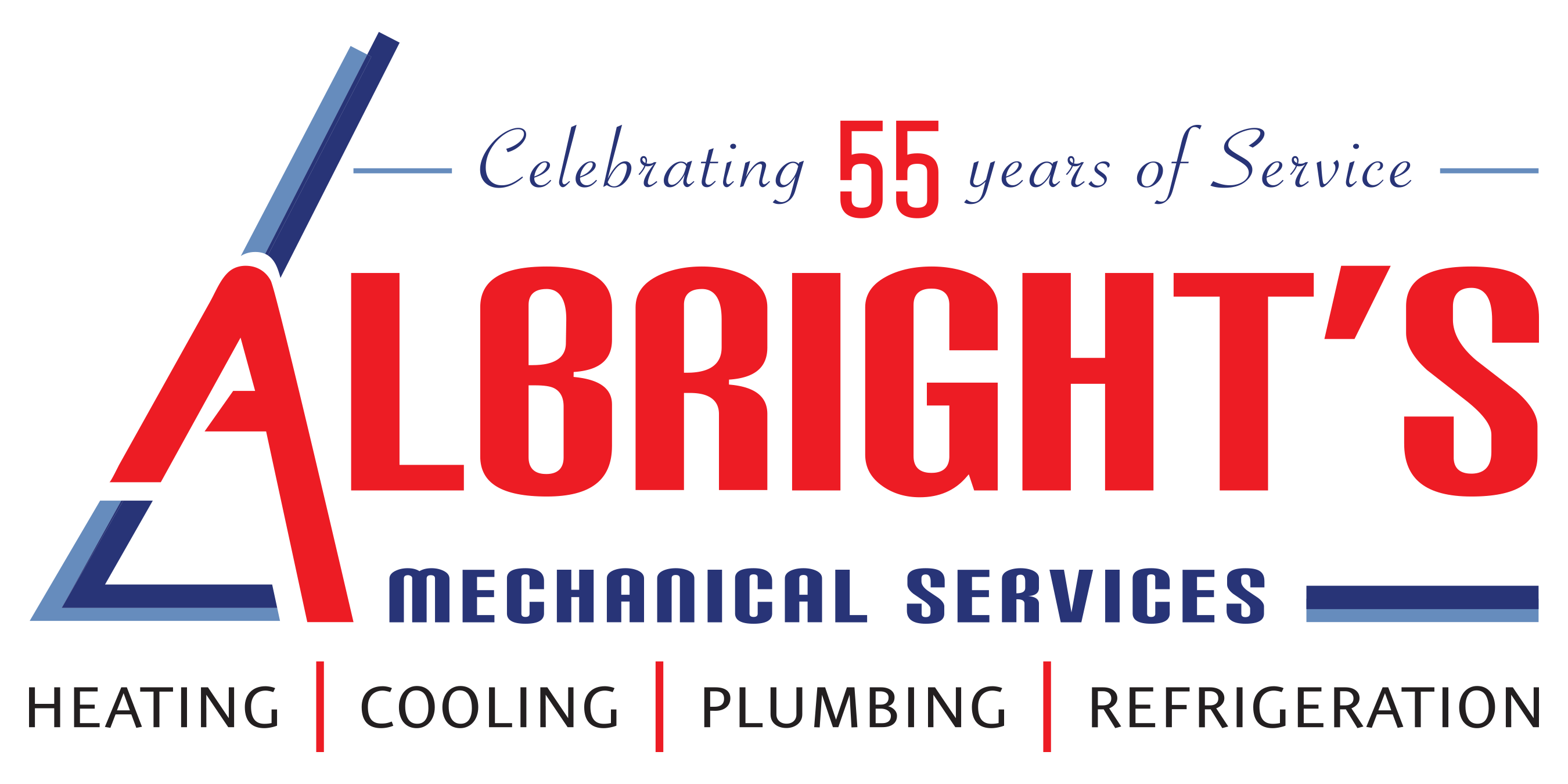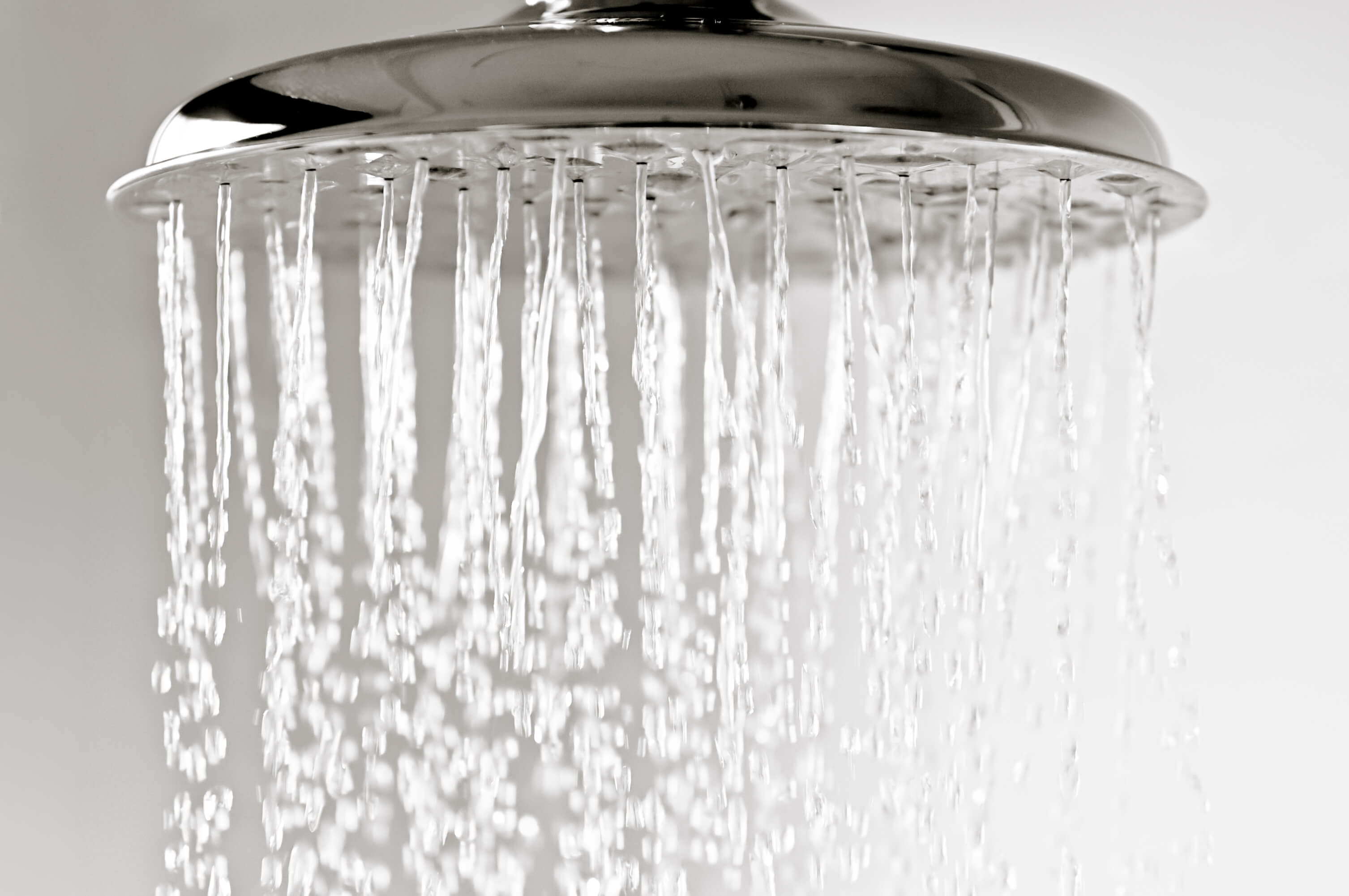Why Do I Have No Hot Water?
Suddenly finding yourself without hot water in the middle of a once-hot shower is a very special kind of “unpleasantness.” Unfortunately, suddenly running out of hot water is bound to happen to everyone at least once in their lifetime. Getting to the bottom of the issue can take some investigation, but the good news is that it does not always require a professional’s help.
Common Issues: What to Check When There's No Hot Water
1. The water heater tripped the circuit breaker
The occasional power surge can sometimes cause your large appliances to trip their circuit breaker. Head to your electrical panel to see if the switch associated with your water heater needs to be reset.
2. Your water heater’s fuel supply has been shut off
If you own a gas or propane water heater, someone might have closed the gas valve. Without gas, your water heater can’t heat water. Ensure the valve is in the “open” position (parallel to the gas line, as opposed to perpendicular to it). If you smell gas (a “rotten egg” smell) or hear the hissing sound of a gas leak, evacuate your home at once, notify your utility company from a safe distance away, and contact a professional to repair your gas line.
3. The water heater’s pilot light is out
Although newer water heaters no longer have pilot lights, it’s commonplace for older gas water heaters to have them. Typically, you can find instructions for relighting the pilot light somewhere on the side of the water heater tank, in the owner’s manual, or in online instructions from the manufacturer. Of course, you can always consult a qualified plumber regarding water heater pilot light issues as well.
4. There’s a problem with the water heater’s burner

Occasionally, burners can have problems igniting, which can result in water not getting hot. Although these issues require a repair from a trained professional, you can test to see if this is the problem (and possibly solve it) by following these steps:
- Wait for the burner to turn off. If you have no hot water, it’s probably off already. Once it’s off, set your water heater’s thermostat to 120°F.
- Go to a faucet and turn on the hot water. Let it continue to run for a minute or so while you check on the burner.
- Observe to see if the burner ignites. If it does, you can adjust the temperature as needed while the water still runs. However, the Consumer Product Safety Commission (CPSC) strongly recommends a temperature no higher than 120°F to prevent scalding.
- If your burner does not ignite, there’s most likely a problem with the thermostat. You’ll need a plumbing professional to repair it.
5. The water heater’s capacity is too small
If you own a storage tank water heater, sometimes a couple of showers in a row can use up most of the hot water stored in the tank. Then, when it’s time for the next person to shower, they’ll run out of stored hot water partway through and then they'll experience water not getting hot. You have some options:
- Wait longer before showering so the hot water can “fill up” again.
- Upgrade to a water heater with a bigger tank.
- Switch to an on-demand (or tankless) water heater.
6. Your water heater has a broken gas valve
Gas-powered hot water tanks heat water in the tank by burning incoming natural gas, similar to how a furnace warms the air. When the water has become lukewarm, a faulty or broken gas valve may be to blame, resulting in the tank burning only a small amount of gas to heat the water.
Gas valve replacement requires expertise, and it is important to note that rotten eggs or garbage odors indicate a leaking gas valve. An urgent repair is necessary. As soon as the gas has been shut off, call the local gas company and leave the home until it has been deemed safe to return. Gas leaks can cause fires and explosions, but they can also be inhaled. Natural gas is not visible and is completely odorless, though gas providers use an additive to create the rotten egg aroma to detect leaks.
7. Your water heater has a faulty heating element
Hot water is heated by one or more heating elements that are located at the bottom of the hot water heater. Due to sediment cover, these elements become less effective at heating water. Even without sediment buildup, heating elements can become damaged and inefficient after years of regular use.
In the event that the hot water heater's heating element fails, the water will be lukewarm throughout the home. You can restore hot water to your home by contacting a plumber or hot water heater technician.
8. Your water heater tank is leaking

You should not attempt to fix a leaking water tank because it could lead to dangerous situations and/or further damage to your home. Replace the unit with a professional.
When to Have a Professional Inspect Your Water Heater
If the above troubleshooting steps haven't brought you any closer to a solution, or if you aren't confident figuring out your water heater issue on your own, it's time to call in the professionals. With a costly appliance like a water heater, it's often best to leave the job to a plumber who has the right tools, training, and equipment to quickly diagnose and resolve water heater problems without error. If you're in Baltimore County and are looking for a local water heater expert, Albright's can help!
For reliable water heater repairs, you can count on Albright's Mechanical Services, Baltimore’s trusted HVAC & plumbing professionals. Call us today at (410) 834-0148, or contact us online!


